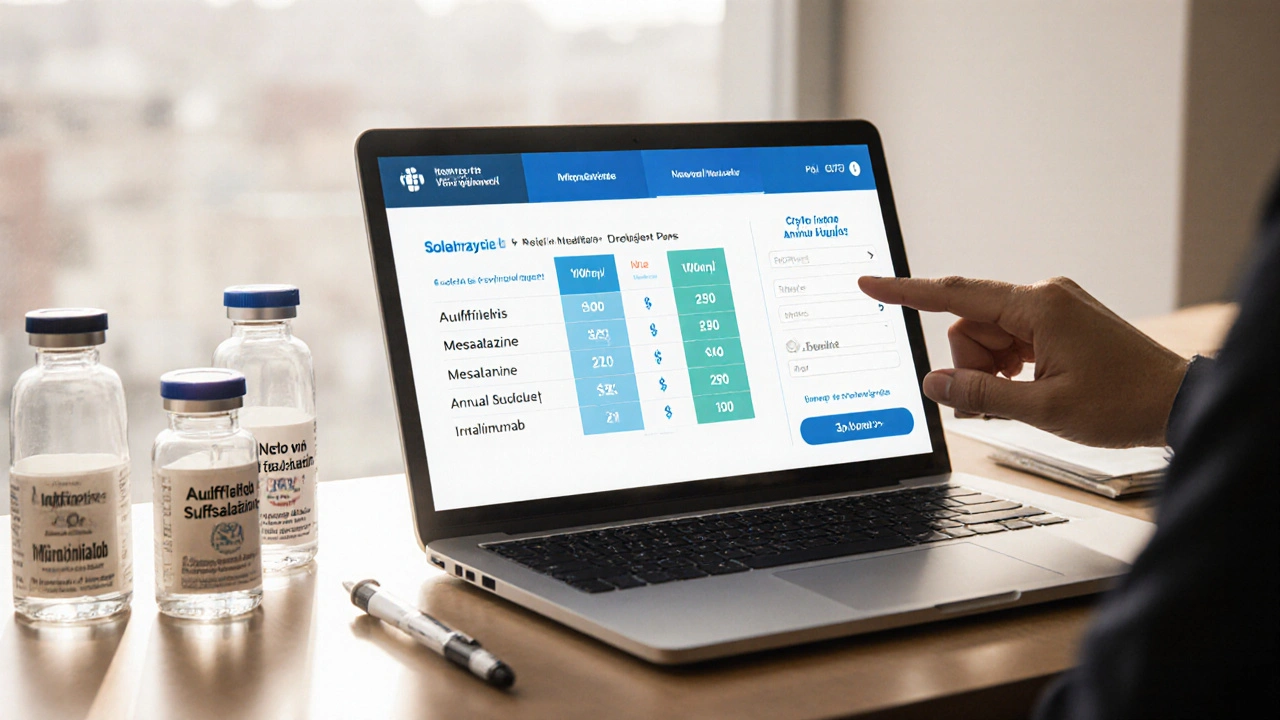Drug Side Effects: What You Need to Know About Common Reactions and Risks
When you take a drug side effect, an unintended reaction to a medication that occurs at normal doses. Also known as medication side effects, these reactions can range from mild discomfort to life-threatening events. Almost every medicine you take—whether it’s an antibiotic, an antidepressant, or a pain reliever—comes with a list of possible side effects. But not all side effects are the same. Some are common and harmless, like a dry mouth or a little drowsiness. Others? They can be serious enough to send you to the ER.
Take antibiotics, drugs used to kill or slow the growth of bacteria. Amoxicillin, Augmentin, and other common ones often cause stomach upset or diarrhea. But for some people, they trigger dangerous allergic reactions. Then there’s antidepressants, medications that alter brain chemistry to improve mood—like imipramine or Lexapro. These can cause nausea, weight gain, or even increased anxiety at first. And if you’re on disulfiram, a drug used to treat alcohol use disorder by making alcohol consumption unpleasant, mixing it with even a small amount of alcohol can lead to vomiting, rapid heartbeat, or chest pain.
What you might not realize is that side effects don’t just come from the drug itself—they can come from how it interacts with other drugs, foods, or even your own health conditions. For example, acetaminophen is safe for most people, but if you have liver problems or drink alcohol regularly, it can damage your liver. Or take Primaquine: it’s great for treating malaria, but if you have G6PD deficiency, it can destroy your red blood cells. These aren’t random accidents. They’re predictable risks, and knowing them helps you avoid them.
You don’t have to live with side effects you weren’t warned about. Many people stop taking their meds because of them—not because they don’t work, but because they feel awful. But often, there’s a better option. Maybe a different dosage. Maybe a different drug altogether. The posts below break down real comparisons: how Novamox stacks up against other antibiotics, how Clarinex compares to other allergy pills, how Cenforce Soft differs from other ED treatments. You’ll see exactly which side effects are typical, which are rare, and which mean you should call your doctor right away.
This isn’t about scaring you off medicine. It’s about giving you the facts so you can use it safely. Whether you’re managing chronic pain, treating an infection, or dealing with depression, knowing what to expect from your drugs makes all the difference. Below, you’ll find clear, no-fluff comparisons from real patients and real data—so you can make smarter choices without guessing.

Azulfidine (Sulfasalazine) vs. Alternative Therapies: A Practical Comparison
Compare Azulfidine (sulfasalazine) with common alternatives, covering efficacy, side effects, cost, and how to choose the right therapy.
Read More




